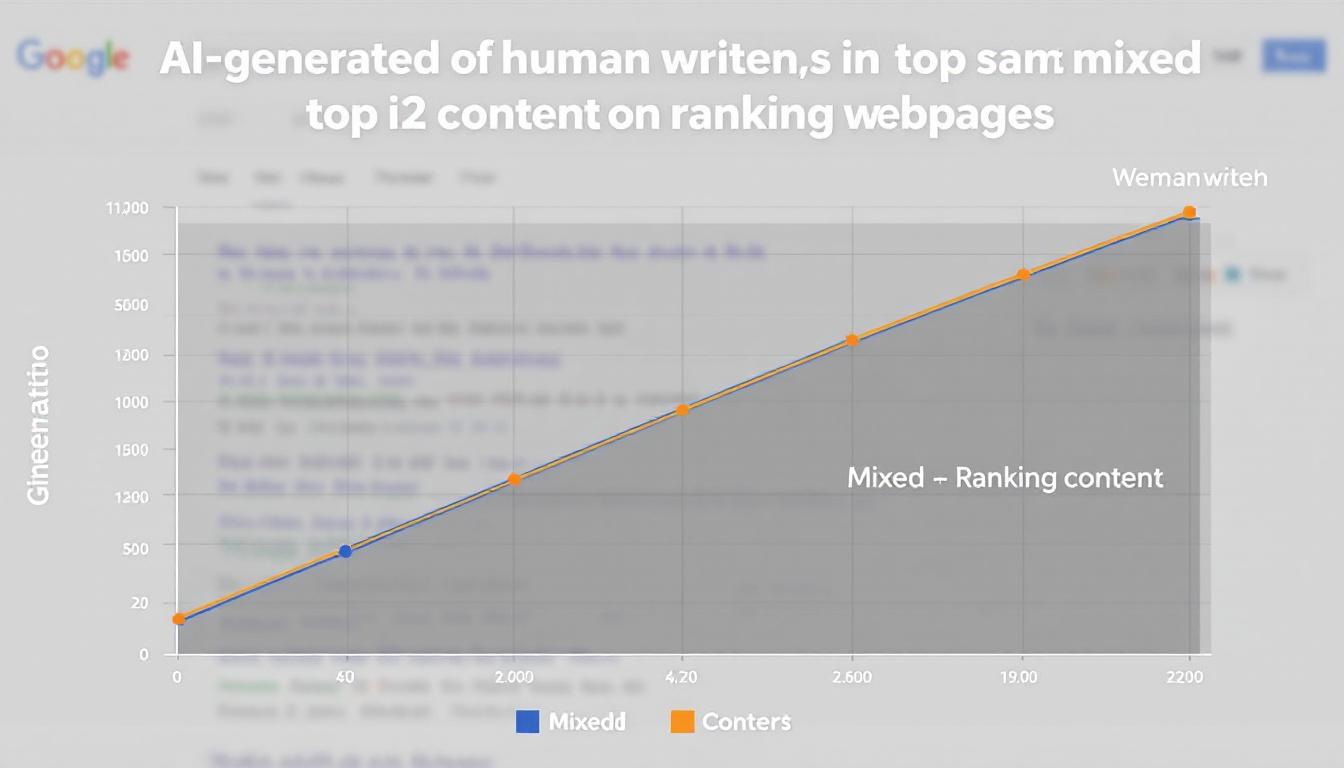Google’s John Mueller has addressed a common misconception in the SEO community: manipulating XML sitemap dates does not contribute to improved search rankings.
LinkWhisper
The ultimate internal linking plugin for WordPress that can elevate your on-page SEO. Recognized as the finest in the field. Simple to install with powerful features.
This practice not only fails to deliver the desired results but may also hinder Google’s ability to detect genuine content updates.
Debunking the Freshness Signal Misconception
A recent query on Reddit’s r/SEO shed light on this misunderstanding, prompting Mueller to offer his insights.
The Reddit Inquiry
An SEO professional questioned whether setting XML sitemap dates to the current date could signal freshness to Google and boost rankings.
Mueller responded unequivocally, stating, ‘It’s usually a sign they have a broken sitemap generator setup. It has no positive effect. It’s just a lazy setup.’ This interaction highlights the frustration among SEO experts who observe competitors gaining an edge through deceptive tactics.
The discussion on Reddit illustrates the challenges faced by those adhering to best practices while others resort to questionable methods.
The original poster expressed disappointment after following Google’s guidelines diligently for years, only to see rivals using spammy strategies to achieve higher rankings.
Effective Use of XML Sitemaps
Understanding the proper function of XML sitemaps is crucial for maintaining and improving website SEO.
Best Practices for Sitemap Configuration
Properly configured sitemaps provide valuable information to search engines about website structure and content updates.
Mueller emphasized that the ‘lastmod’ tag should accurately reflect the actual update time of a page. When used correctly, this allows search engines to identify which pages require recrawling due to new content.
Falsifying these dates not only fails to enhance rankings but can also obscure real updates, making it more challenging for Google to index fresh content. While XML sitemaps are a foundational element of SEO, their effectiveness depends on accurate and truthful information.
Misusing sitemap dates undermines their purpose and can negatively impact the website’s visibility in search results.
Implications for Your SEO Strategy
Mueller’s insights offer valuable guidance for SEO professionals aiming to optimize their strategies ethically and effectively.
Adhering to Ethical SEO Practices
Focusing on legitimate SEO tactics ensures sustainable and long-term success.
Mueller advises maintaining accurate XML sitemaps, updating ‘lastmod’ dates only when content changes, and prioritizing the creation of high-quality content over technical shortcuts.
Patience and consistency in following ethical SEO methods are key to achieving enduring results, rather than relying on fleeting advantages from dubious tactics.
While it can be disheartening to witness competitors seemingly benefiting from unethical approaches, Mueller assures that such advantages are temporary and may ultimately lead to penalties.
Google’s robust algorithms are designed to identify and disregard artificial attempts to manipulate search rankings.
The Bottom Line
John Mueller’s clarifications serve as a reminder that integrity in SEO practices is paramount.
Manipulating XML sitemap dates offers no real benefit and can obscure genuine content improvements, making it more difficult for search engines to index your site effectively.
By focusing on accurate sitemap configuration and producing valuable content, website owners and SEO professionals can achieve sustainable success without resorting to ineffective tactics.







